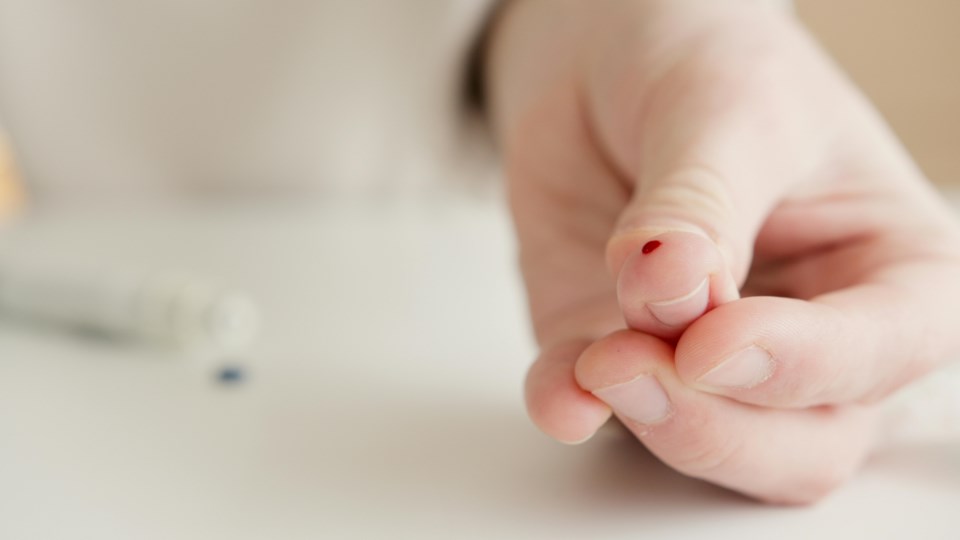Provincially, nationally, and globally, there is an ongoing resurgence of syphilis. In Alberta, the number of infectious syphilis cases increased by 2,498 per cent between 2012 and 2022.
Using groundbreaking rapid testing devices and an innovative community-involved project, a researcher from the University of Alberta is hoping to remove barriers to treatment, and bend the curve of infections.
Infectious disease specialist Ameeta Singh was a principle investigator in trails of rapid point-of-care devices able to accurately detect syphilis and HIV from a single drop of blood in under five minutes. The dual syphilis-HIV rapid test, now approved for use by Health Canada, helps eliminate the delay between testing and treatment, and is showing itself to be an important tool in reducing infections, Singh said.
"We tested 1,500 participants and found just under 300 new cases of syphilis. And 85 per cent of those were treated on the same day as the test was done," Singh said. "That's really exciting because prior to the study, we were losing about 20 per cent of people, either to follow up completely, or there was a significant delay from the time that they were tested to being treated."
The study also identified four participants with HIV who had not previously been diagnosed, who were immediately connected with appropriate care and treatment resources.
"I think the benefits of rapid testing are fantastic. We can provide treatments in the same visit, and providing treatment in the same visit not only prevents ongoing transmission to sex partners, as well as from pregnant women to their unborn child, but also prevents the infection from progressing. And, it reduces the need for people to have to come back for treatment," Singh said.
These trials took place between 2020 and 2022 in Edmonton Zone and North Zone, where the syphilis outbreak has been most severe. The rapid tests are now in use throughout the province, and Singh said there are some promising signs the number of syphilis cases are stabilizing or starting to decline.
"It looks like we are starting to bend the curve, if you like. Preliminary data suggest that the cases are starting to level off, and maybe even fall. And I would attribute that to the great work that's being done in this zone. Because this is where the problems sort of started."
Singh has now been awarded $400,000 from the Canadian Institute of Health Research to improve access to HIV and syphilis testing in rural Indigenous communities.
The intent of the project is to scale up testing in Central Alberta, Singh said, and is a collaboration between Alberta Health Services and Maskwacîs Health Centre.
"We're in the process of establishing an advisory committee that will include community members, as well as Indigenous Elders, to help guide how the project proceeds. So this is really a community partnership," she said.
The project is proposing to embed a public health nurse in a emergency department, or pair public health nurses with a nurse in Maskwacîs to approach and offer testing to community members in and around that area.
"So testing will occur not only in the health centres, but hopefully through mobile health units, and events such as rodeos and powwows," Singh explained.



